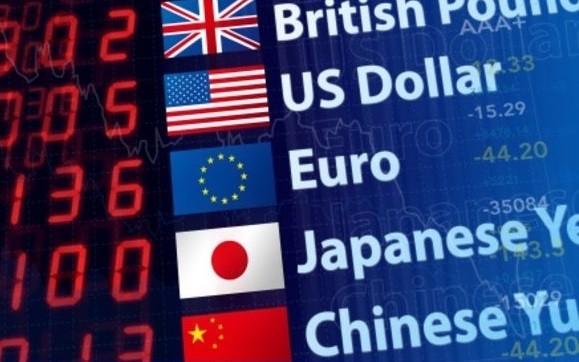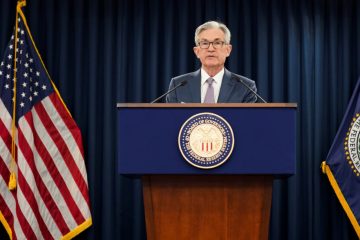Dollar sags before US jobs data; euro awaits Italy’s vote

The dollar eased from a 9-1/2 month high against the yen on Friday, with investors cautious ahead of a looming U.S. jobs report that could set the market’s tone in coming days.
The greenback was poised to end lower against a basket of currencies this week during which it gave up some of its recent robust gains.
The dollar index sagged 0.2 percent to 100.86, and was down 0.6 percent for the week.
The dollar index had hit a 13-1/2-year high of 102.05 last week, having rallied as U.S. bond yields surged on expectations of higher fiscal spending and a faster pace of Fed monetary tightening under President-elect Donald Trump.
The greenback fell 0.1 percent against the yen to 114.02 yen, having slipped to 113.58 yen earlier on Friday.
On Thursday, the dollar had risen to 114.83 yen, recording a gain of 13.5 percent from its Nov. 9 trough near 101 yen.
The dollar seems to be running into some profit-taking against the yen, said a trader for a Japanese bank, adding that market sentiment still seems bullish on the greenback.
“The sense I get is that people who have sold (the dollar) on rallies have taken a hit, while bulls are still doing fine,” the trader said, adding that market participants are probably looking to buy the dollar on dips.
The next catalyst could come from U.S. jobs data due later on Friday. Economists polled by Reuters expect that U.S. employers added 175,000 jobs in November.
“The dollar could test the 115 yen threshold depending on how the U.S. jobs report turns out,” said Daisuke Karakama, market economist at Mizuho Bank.
The euro inched up 0.1 percent to $ 1.0670, having gained 0.9 percent so far this week.
The focus for the common currency is now on the Italian referendum on Sunday that could reject Prime Minister Matteo Renzi’s constitutional reforms, on which he has staked his political future.
His departure could destabilize Italy’s fragile banking system and be taken as another sign of rising anti-establishment sentiment around the world, potentially eroding investor confidence in the currency union.
“It’s been said that markets are already prepared for a ‘no’ vote to some extent. However, that could trigger political uncertainty and delay fiscal reform,” said Minori Uchida, chief FX analyst for Bank of Tokyo-Mitsubishi UFJ in Tokyo.
“We should brace ourselves for a further euro drop, even when the ‘no’ vote is already taken into account,” Uchida said.
Moves in the euro’s implied volatility against the dollar suggest that market participants are guarding against the risk of sharp swings in the euro in the near term.
The euro’s one-week implied volatility against the dollar has risen for five straight days and climbed to 17.97 percent on Friday, its highest since the Brexit vote in June.
Sterling held firm after rising on Thursday due to a perceived crack in Britain’s “hard Brexit” line following comments from Brexit minister David Davis.
The pound rose 0.2 percent to $ 1.2610, having gained 0.7 percent on Thursday when it touched a 2-month high of $ 1.2696.



